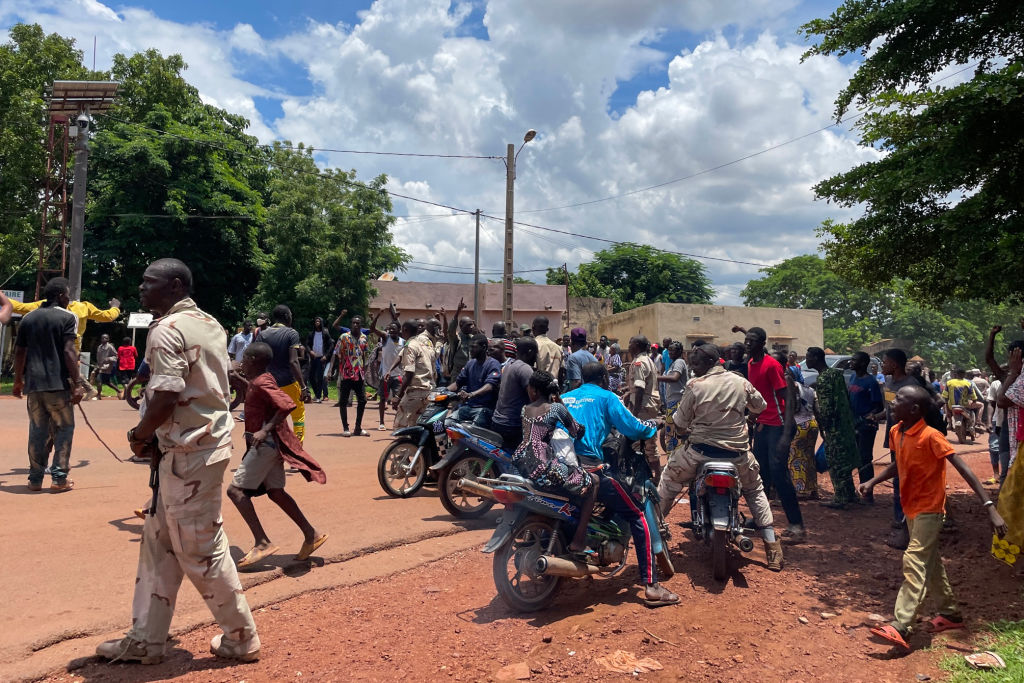ADF STAFF
Besides clogging supply chains and sending prices for food and other goods skyrocketing, Russia’s invasion of Ukraine may also be a boon for terrorists in some parts of Africa.
In Burkina Faso, the Central African Republic, Mali, Nigeria and Somalia — areas where economies were already reeling from COVID-19 and other crises — terrorists are recruiting young fighters who need work, according to a January report by the Al-Azhar Observatory for Combating Extremism (AOCE).
Since Russia invaded its neighbor, efforts to combat extremist and terrorist organizations on the continent have faltered.
Analysts say the activities of Russia’s mercenary Wagner Group in Africa are not helping. Promoted as a counter-terrorism organization, the group has more of a destabilizing effect than a security benefit. The group is accused of pillaging natural resources and committing human rights abuses, which leads some civilians to side with terrorist groups.
“They are part of the problem, not the solution,” James Kariuki, Britain’s deputy ambassador to the United Nations, told the U.N. Security Council in January.
The unfolding war in Ukraine coincides with thousands of international troops leaving African nations. In Mali, for example, France withdrew all its forces in August 2022, followed by British forces in November, resulting in diminished counter-terrorism efforts.
“The unwillingness of some armies to confront terrorist organizations on their own means greater control of these organizations,” the AOCE report said. “These groups penetrate societies in ways that negatively affect the security and stability of those countries, making them liable to political turmoil.”
According to the AOCE, many terrorist organizations on the continent are recruiting new fighters in areas confronting acute food insecurity, driven in part by Russia’s war in Ukraine. In these areas, they attack vulnerable populations that they force to join their ranks in exchange for food.
The AOCE report’s findings largely echo the findings of a U.N. Development Programme (UNDP) report that labeled sub-Saharan Africa as a new epicenter for extremist violence.
The U.N. report found that most people who join extremist organizations are primarily motivated by a lack of work. Others are motivated by peer pressure from family members or friends or are persuaded for religious reasons. It found that many people who join extremist organizations do not trust state forces.
Most new recruits are from rural areas and have low education levels. The U.N. report cited Boko Haram’s strategy in Nigeria of targeting young people from poor socioeconomic backgrounds with limited formal education. That helps explain the group’s appeal in Borno and Yobe states, which have the country’s lowest literacy rates.
“In many countries … the lack of income, the lack of job opportunities, livelihoods, desperation is essentially pushing people to take up opportunities with whoever offers them,” UNDP Administrator Achim Steiner said.

